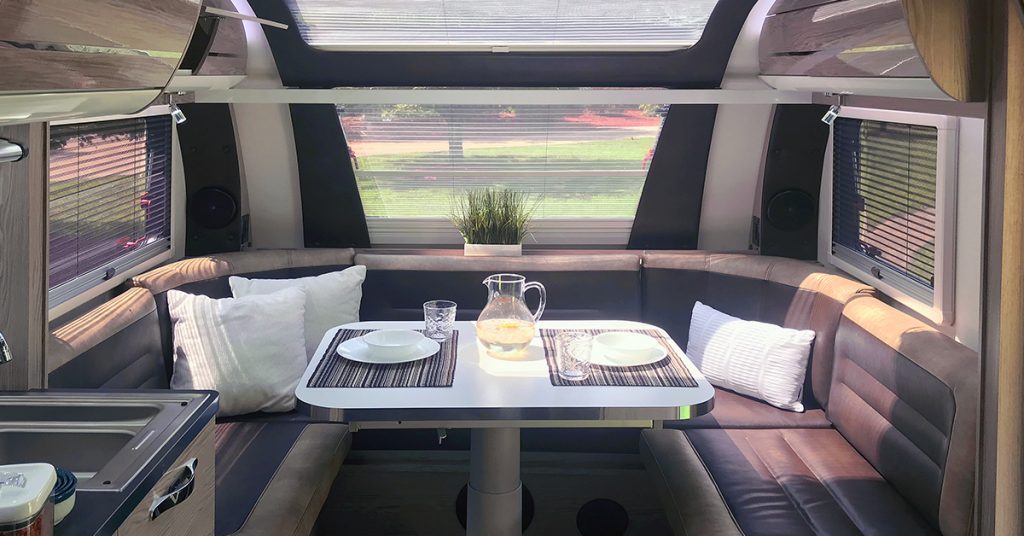Whether you’re on the road or parked at the campsite, there are basic safety procedures and precautions that you need to undertake to keep everyone safe and secure. Not sure what they are? Here are some recommendations from nuCamp, the National Fire Protection Association (NFPA), the Fire Equipment Manufacturers’ Association, and other sources.
- Read all the manuals that came with your RV, including any for safety equipment such as smoke/CO detectors and a gas leak detector. (nuCamp campers are equipped with a carbon monoxide/propane leak alarm.) You should know how to properly operate all the equipment and what to do if one of the components has a problem. Also, make sure everyone knows how to unhook the electricity and close the propane valves.
- Check your smoke and CO detectors and make sure your fire extinguisher is full and ready to operate. RoadTrip America recommends carrying three extinguishers: one in the kitchen area, one in the bedroom, and one in an unlocked storage compartment or your tow vehicle.
- Locate all the safety labels that are placed throughout your camper and make sure you understand what they mean.
- Identify the door and emergency exit window locations. The exit windows serve as a secondary means of escape if the main door entrance gets blocked during an emergency. (All nüCamp campers’ Emergency Exit Windows are identified by the “EXIT” label and their red handles.) Make sure all travelers know how to unlock and open the door, and operate the EXIT window, and keep a heavy blanket handy to serve as a cushion on the window frame. (Tip: When parking the camper, check that the EXIT window is not blocked by obstacles such as branches or trees and that the ground below and outside the window is solid and level with a clear path of escape.)
- Develop a Safety Plan for evacuation. Your plans should include the following: in what order occupants will exit the camper in an emergency, how to exit the camper (whether you’re in the front or the back), who is responsible for bringing out the pets, where at the campsite you will meet, and what you need to do once you are away from the camper. (Tip: Practice your Safety Plan while blindfolded since if a fire occurs, the smoke will reduce visibility within the camper.)
- Have an emergency bag ready to go and easily accessible in case of a quick evacuation. In an emergency, you won’t have time to collect what you need. Bryan and Luann Street (i.e. Streetswander) recommend stocking a fireproof case with the following: several days-worth of important medications, basic medical supplies, change of clothes for each person, irreplaceable documents (passports, birth certificates, and financial documents), some cash, and a credit card. (Tip: Store important medical information for each person as well as any other information you may need on a waterproof flash drive and add it to the bag.)
- Follow the following fire safety tips. The old saying, “An ounce of prevention is better than a pound of cure” definitely applies. These commonsense measures will help reduce the risk of fire in your RV.
Inside Fire Prevention
- Don’t smoke in bed.
- Do not keep camping heaters and lanterns on while sleeping.
- Don’t leave food unattended when cooking or baking.
- Keep combustibles (paper towels, kitchen linens, curtains) away from the stove when in use.
- Keep matches and lighters out of the reach of children.
- Don’t use flammable cleaning fluids.
- Only use one heat-producing appliance plugged into a receptacle outlet at a time and plug major appliances directly into a wall receptacle outlet.
- Don’t use any damaged electrical devices or items with faulty wiring.
- Immediately address any propane or gasoline fuel leaks.
- Do not store flammable materials in closed areas or by a heat source.
- When refueling motor vehicles, first turn off all pilot lights and appliances in your camper.
Outside Fire Prevention
- Before setting up a campfire, make sure it is allowed in that area.
- Maintain a minimum three-foot area around campfires, grills, and tents that is free of dry grass, leaves, pine needles, wood, bushes, trees, or combustible materials.
Recent Articles
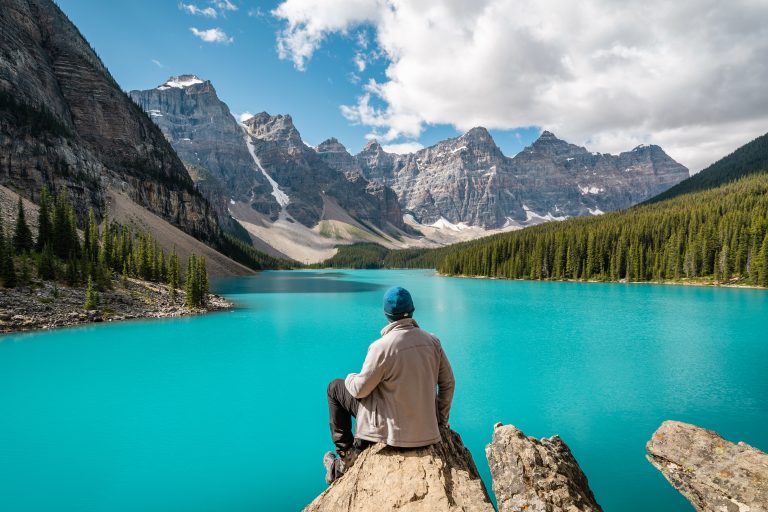
February 3, 2025
Canada is a haven for nature enthusiasts, with sprawling landscapes, diverse ecosystems, and some of the most stunning natio …
Read Article
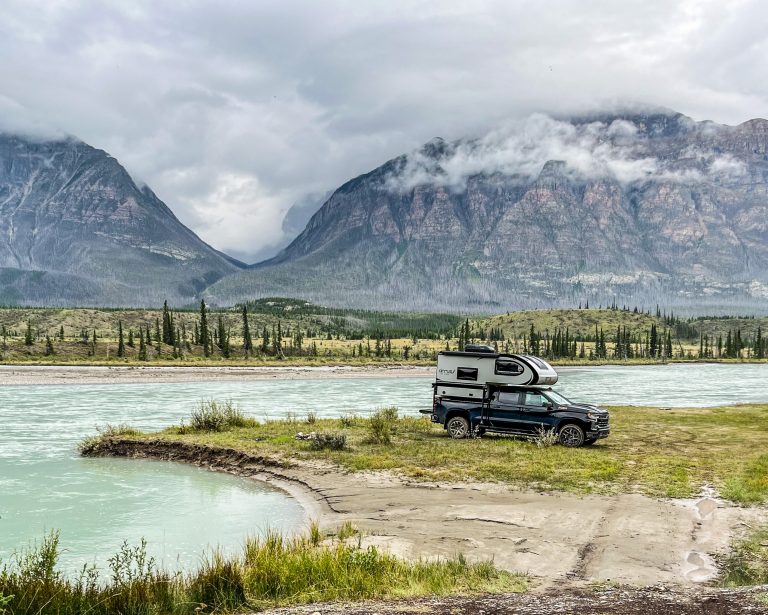
January 20, 2025
It’s never too late to discover a new passion. For Pierre Gagne, that moment came three years ago when he fell in love wit …
Read Article
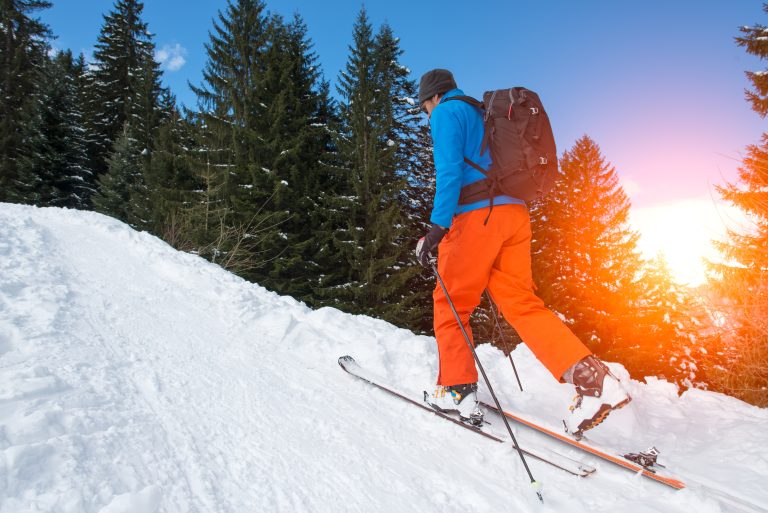
January 13, 2025
Winter transforms the outdoors into a snow-covered playground, and for those who love RVing, it’s the perfect opportunity …
Read Article
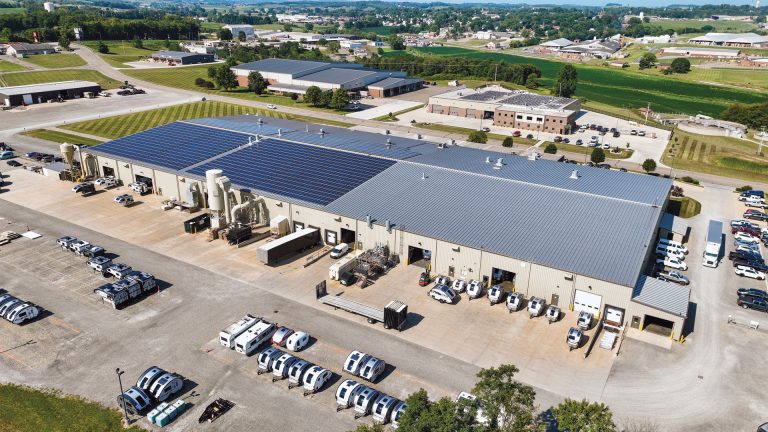
January 1, 2025
As we bid farewell to 2024 and welcome the opportunities of a new year, we can’t help but reflect on the remarkable moment …
Read Article

